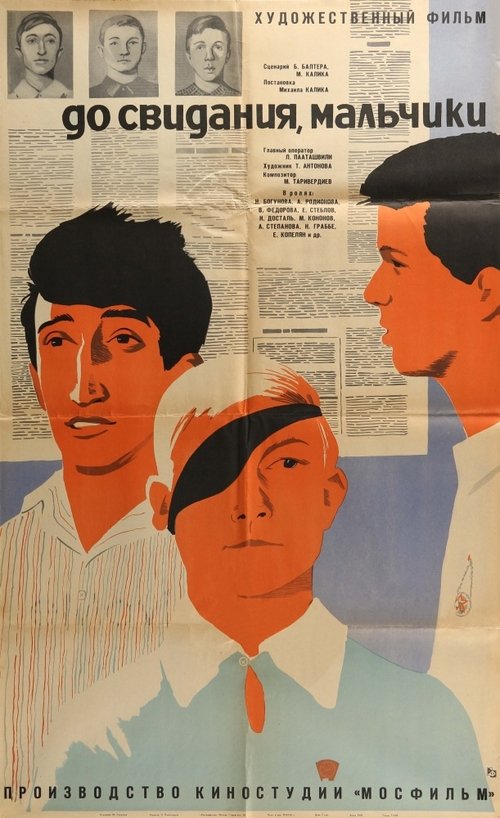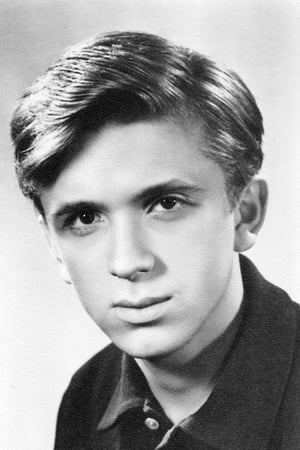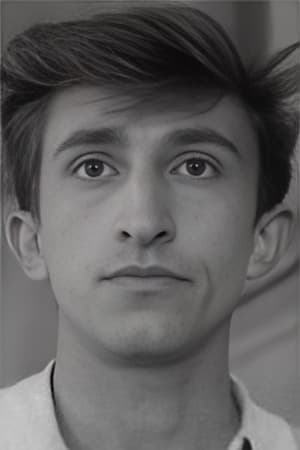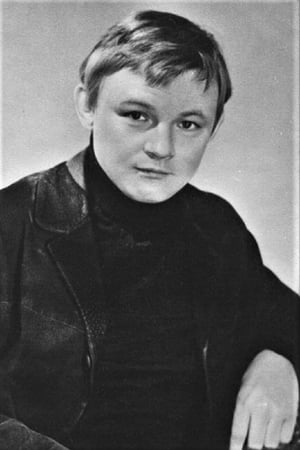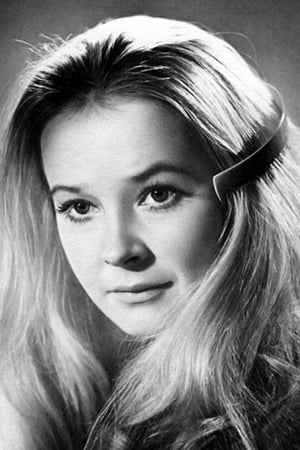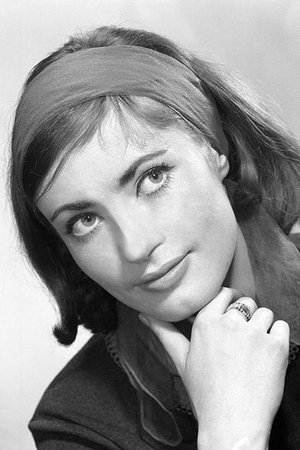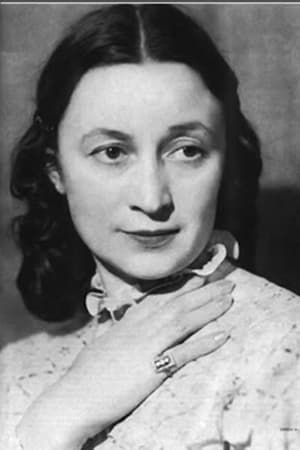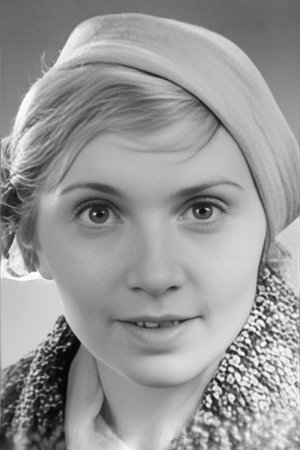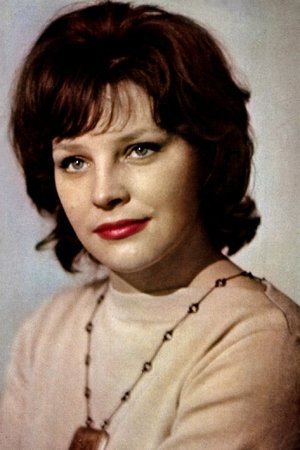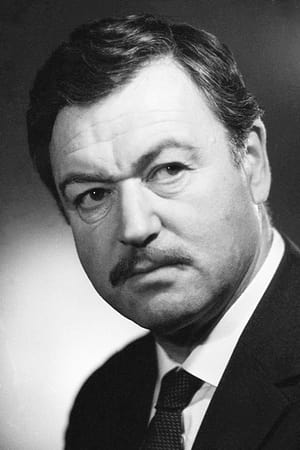
Aqueronte72
8
|
ago. 26, 2024
Chiseled in a narrative framework that intersperses the biographical passages and adventures of the 3 boys, with spaces without dialogue but with a beautiful nostalgic musicality, such as Danzón's sequences or the unbeatable harmony of Mikael Tariverdiev, oh, and the piano occupying the aspects from the coast, we understand why the future Lieutenants, Volodya, Sashka and Fedka - buddies of the soul - prefer to think about the future than about the past, why upon Nikin's arrival they vent to Uncle Petya from their somewhat marginal youth. due to their obligations to their parents; days of indolence: devoted to the harsh sun, to cigarettes until their heads hurt, to Byzantine discussions, that is, eternal ones in Tartakovsky's barbershop: when they enlist, they will be Lieutenants like the Lieutenant from the time of tsarism, or like the Lieutenants of the Bolsheviks and the Red Army?; but they VOlodka and Sashka know everything, no one will teach them anything; then they will drink wine and later, they will try to kiss Katya in the darkness of the hallways. But fate will necessarily separate them because there are only two places for the Sklyansky Infantry School, and one at the Military Medical Academy: but what kind of doctor will I be, the boy wonders, if when cutting a frog I vomited for 2 days? Katya sent with many others to the collective farm while the boys are enlisted and prepared as well. Photography plays a role of the same level of importance as Tariverdiev's musical notes and we can see this in the finale in which they set sail on the raft and later we see the 3 inseparables on the railway adding sadness or uin I don't know what to the ending with the scenes of the pogroms and the artillery fray.
